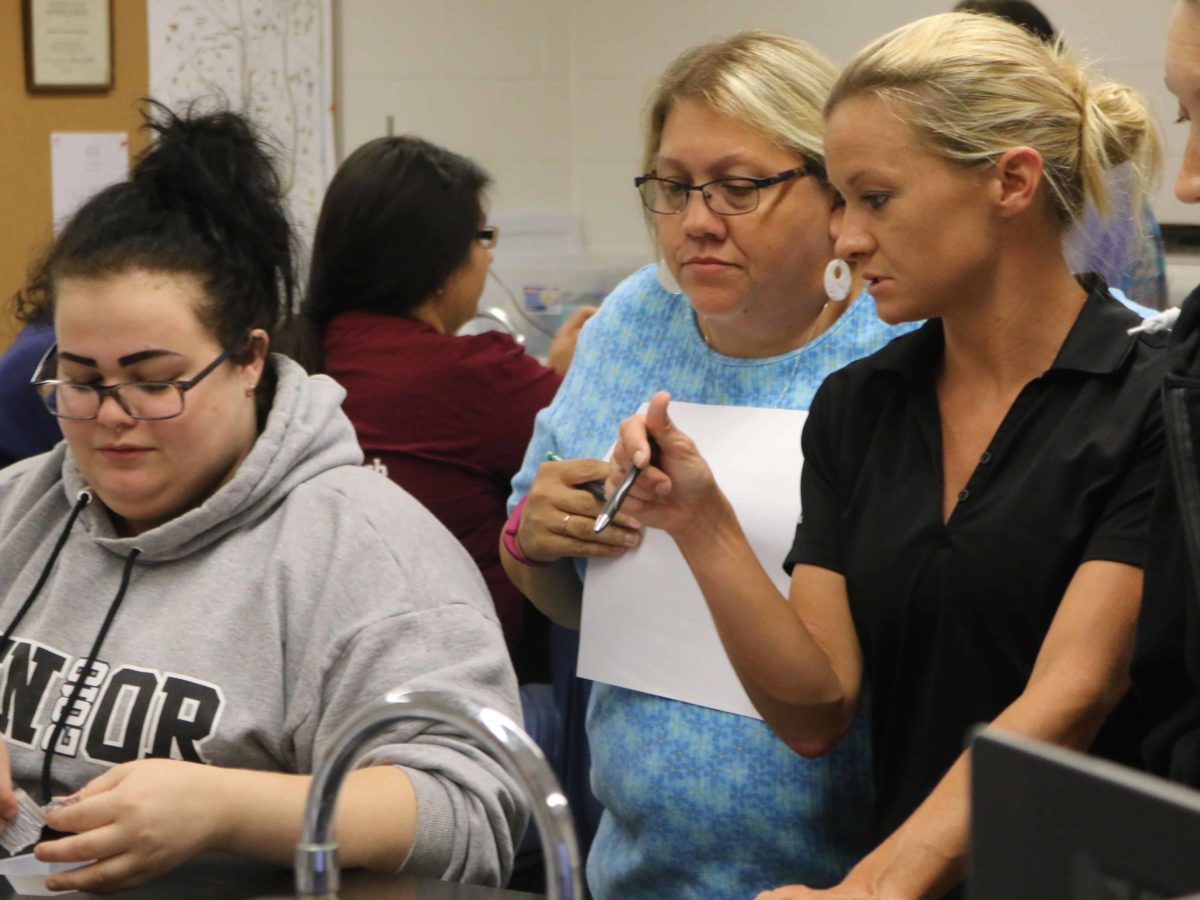

In North Carolina, as in the United States, fewer than half of working-age adults hold a degree beyond a high school diploma. A larger segment of men than women lack an associate degree or higher — and the male-female gap is wider in the state than the nation.
With this reality and its consequences in mind, Buck Goldstein and Peter Hans delivered in recent days separate but complementary explorations of the post-pandemic rebuilding and refocusing required of community colleges and universities. Both call for North Carolina higher education to seek out more — and more diverse — students to respond to economic dislocations and social-emotional stresses.
Goldstein has taught at the University of North Carolina at Chapel Hill since 2004 as the entrepreneur in residence, an appointment he accepted after a career in founding an online information company and a venture capital fund. With former UNC Chancellor Holden Thorp, Goldstein co-authored “Our Higher Calling,” a book on restoring Americans’ trust in higher education.
In an essay posted on his own website, Goldstein said, “The havoc the pandemic has imposed on colleges and universities provides just the kind of disruption that can ultimately lead to dramatic improvements.” And he went on to say, “If the innovation is undertaken thoughtfully, it will allow institutions to not only survive but to prosper by reaching out to the tens of millions of Americans with no education beyond high school.”
Not surprisingly, Goldstein devoted much of his essay to selective admissions, loan forgiveness, and other university-type issues. Still he turned his attention to community colleges, saying they play a “critical role as the top of a broad funnel.” He urged community colleges to make the case that they offer pathways “to a better job and a better life” and to step up in helping students to complete the courses required to obtain a credential or a degree.
“Free college is an idea whose time has come,” Goldstein declared, mentioning President Biden’s plan that envisions a combination of federal and state funding. “Making college free will be a big first step toward reaching those who until now have not pursued education beyond high school.”
In an important speech this week to the NC Community College System Conference, Hans spoke as current president of the UNC System and as the former community colleges president. Earlier in his career, Hans served as a chief aide to Republican U.S. Sen. Lauch Faircloth, as well as on the UNC Board of Governors. (Full disclosure: Hans served a term as chair of the policy advisory council of the UNC Program on Public Life, which I directed.)
While he did not mention “free tuition” proposals, Hans said he was “weighing big ideas for reforming state-based financial aid over the next few years.” He also touched on university-community college matters such as easing the way for an expansion of transfer students. Still, it was his framing of higher education’s challenges in a broader context that made his speech distinctive.
“Too many Americans without a college degree, heavily concentrated in rural regions, feel a deep sense of alienation not just from colleges and universities but from government, from media, from big institutions of all kinds,” he said. “They don’t trust the institutions of society to take their interests seriously or respect their voices … We can’t survive as a functioning country if so many of our fellow citizens feel disrespected or shut out.”
Hans expressed concern about economists’ projections that recovery from the pandemic may foster wider inequality between people with degrees and those without. He called community colleges “bridging institutions … that can save America.” Still, he said, the work of colleges and universities goes beyond preparing people for jobs.
“Broadening our vision of who college is for, who our institutions of higher education are meant to serve, is about the health of our state and our country in the deepest sense,” he said. “… It’s about building a country that can hold together, forging a political system that speaks to the needs of all Americans, not just those with four-year diplomas.”
As it has dragged on, the pandemic has unmasked inequalities and sharpened differences of public opinion and attitude; it has also given rise to impatience, anxieties, and even despair. As Goldstein and Hans implicitly but powerfully suggest, North Carolina can restore hope to more of its people through innovation and initiative that enlarges the circle of educational success.


